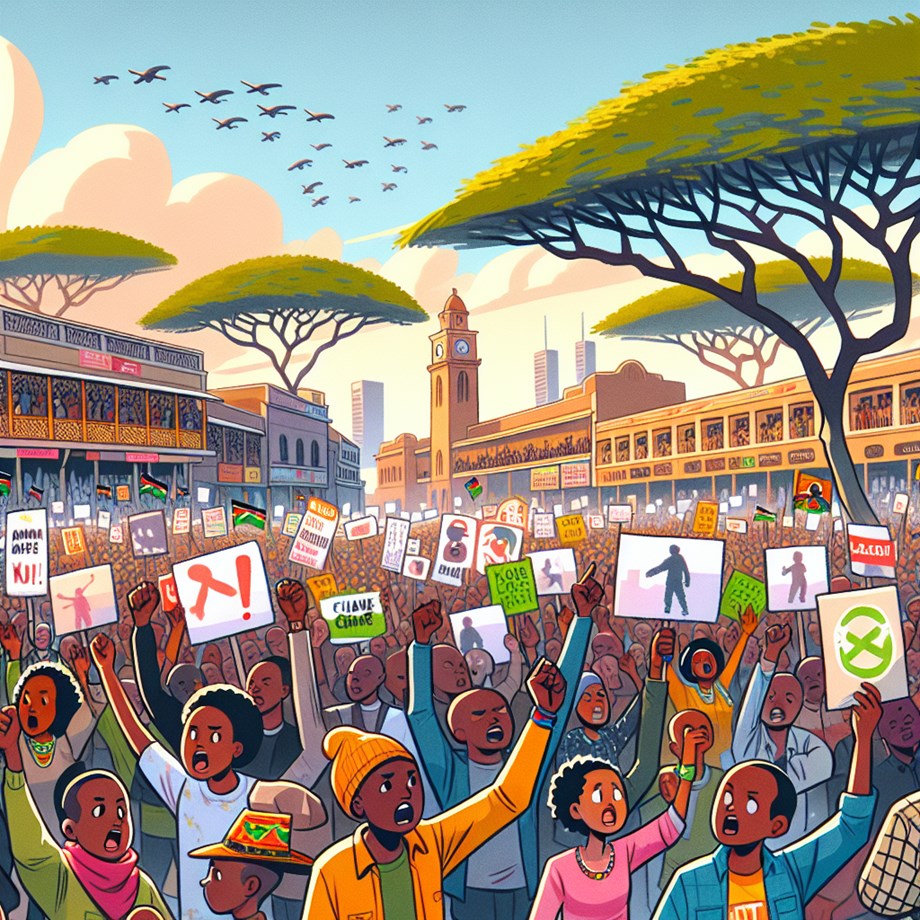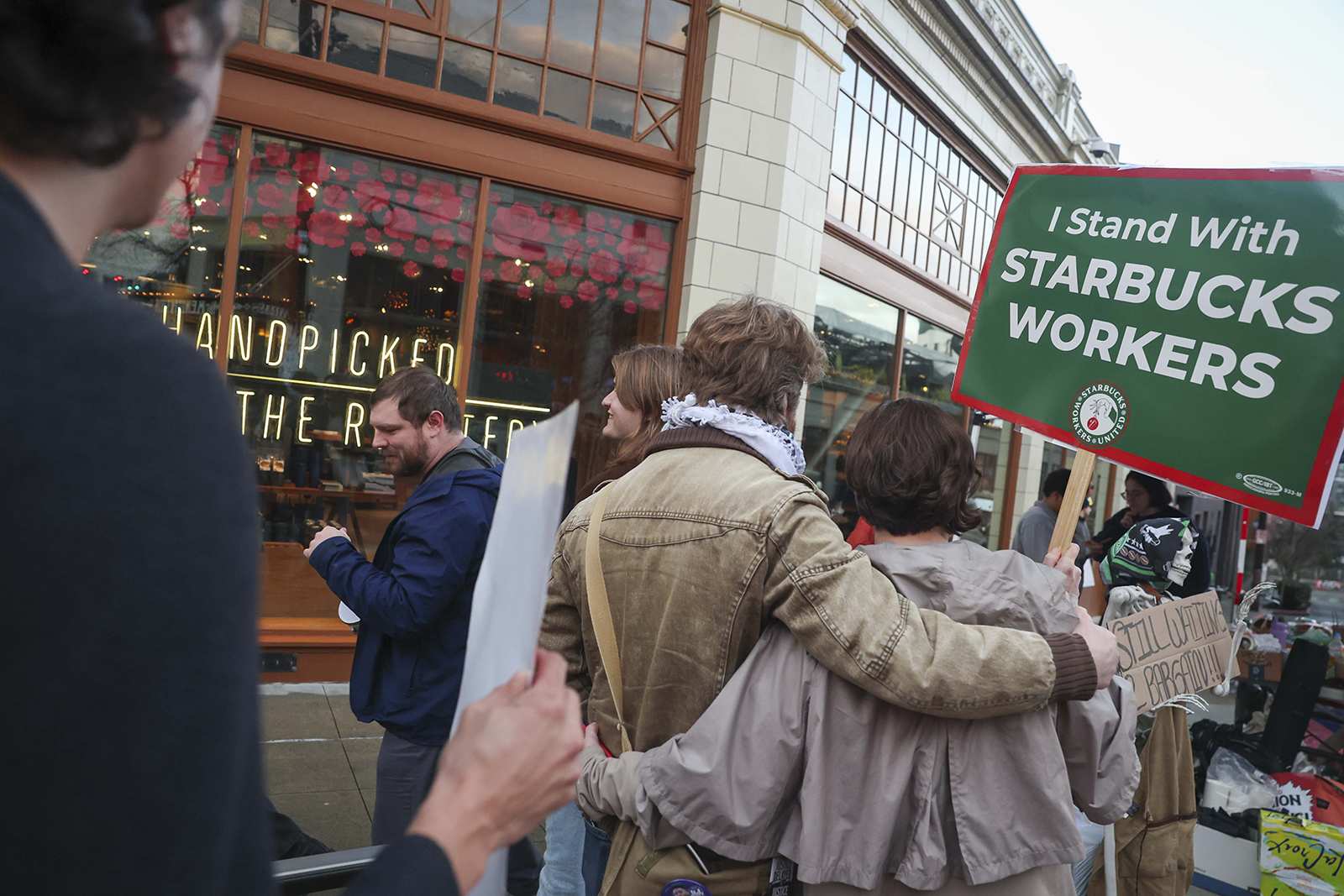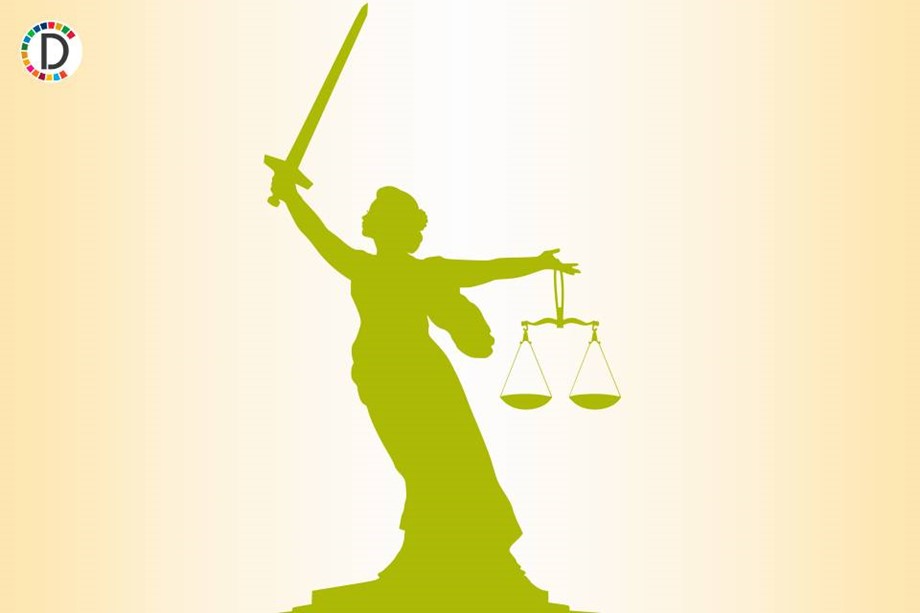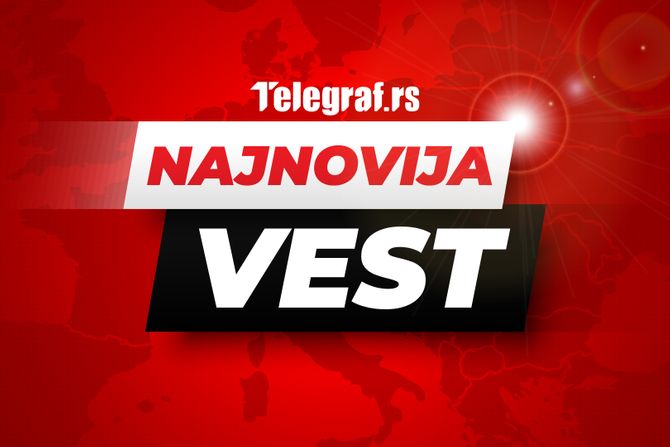Georgia Faces Turmoil Amid International Reactions
The ongoing political crisis in Georgia intensifies as international responses emerge. The country's EU membership aspirations are put on hold amid widespread protests and heavy police actions.
Published December 11, 2024 - 00:12am

Image recovered from devdiscourse.com
Georgia, a South Caucasus nation, is embroiled in a severe political crisis following the parliamentary elections on October 26, won by the ruling Georgian Dream party. This result has been heavily criticized by the opposition as fraudulent, igniting widespread protests across the nation. The demonstrators are particularly aggrieved by the government's decision to delay its EU membership ambitions until 2028, sparking tensions in Tbilisi and other cities.
With protesters brandishing EU flags and staging nightly gatherings, the situation escalated as the police employed water cannons and tear gas to disperse the crowds. This aggressive response has been condemned internationally, with the UK notably suspending its defense cooperation with Georgia until democratic norms are restored. UK Foreign Secretary David Lammy criticized the violent crackdown on protesters and journalists, calling for a return to democratic practices.
Reports from the region detail the tumultuous events, including the injury of 150 police officers and over 400 detainees. The Ministry of Interior blames aggressive groups for the violence, whereas the opposition accuses the government of manipulating the election outcomes with external influence from Russia. Despite the tensions, President Salomé Zurabishvili remains in office, insisting on new parliamentary elections to quell the unrest.
European partners have voiced strong criticisms of the Georgian government's methods. Germany, France, and Poland have jointly demanded the release of opposition members and the defense of fundamental rights such as peaceful assembly and free speech. The international community is urging the Georgian authorities to engage in dialogue with political and civil society representatives to resolve the crisis.
These calls for dialogue are echoed by domestic opposition leaders, who argue that only fresh elections can realign Georgia with constitutional norms and European aspirations. Despite these pressures, Prime Minister Irakli Kobakhidzé and his government maintain their course, accused by detractors of seeking to suppress dissent through legislation mirroring Russia's restrictive policies.
Amid these developments, widespread international condemnation has amplified, with the United States' Secretary of State Antony Blinken rebuking the brutal suppression of those advocating for stronger ties with Europe. The Georgian populace's EU aspirations remain a contentious issue, drawing significant media attention and public debate both domestically and internationally.
This situation highlights an underlying struggle within Georgia's political landscape, where efforts for European integration and democratic reform clash with authoritarian responses to dissent. With the international spotlight fixed on these events, the coming weeks could prove pivotal in determining Georgia's future trajectory amidst these geopolitical complexities.







